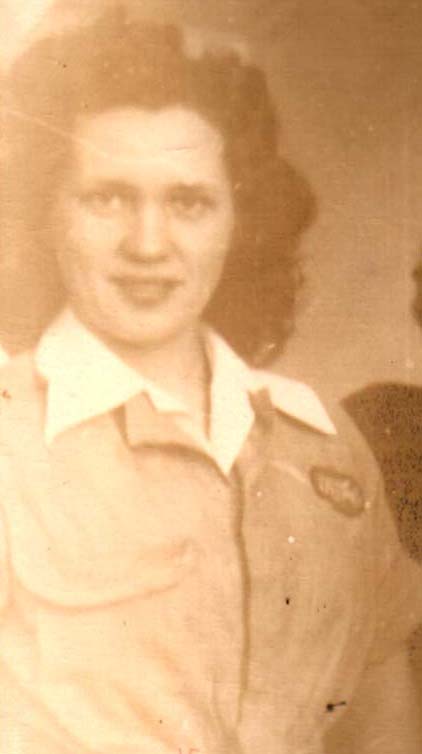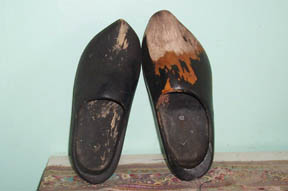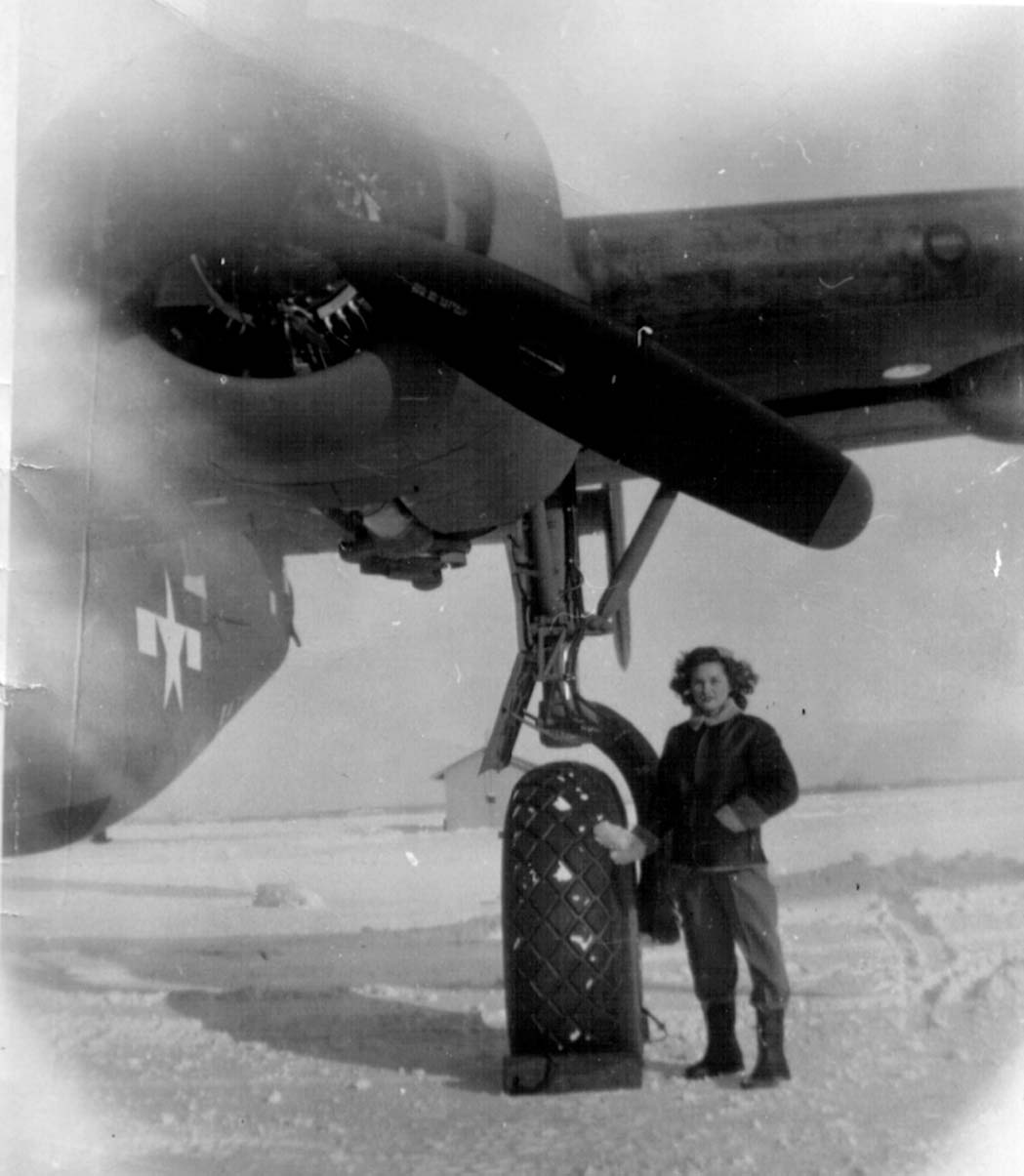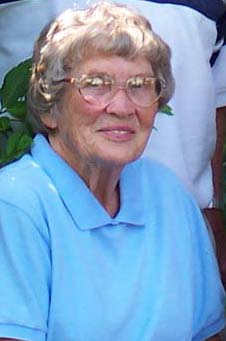
Christina Wilhemina (Daling) Stehower
Neither of the women knew the Goddess, their strength came from the higher power that I refer to as the Universe and they, of course, based in Christianity. For me, in my studies, I have come to believe the basis of strength and power is really only a matter of semantics.
Grandma
and Grandpa came to the United States in the
early part of the last century from the Netherlands. Grandpa was a
soldier for hire – which meant he served in the army in the place of
wealthy sons whose fathers could pay for the service from others.
Evidently Grandpa was well aware of the political climate of Europe and
left for the United States well before the start of World War I.
Grandma was pregnant with their third child on the trip. Imagine the
crossing, the seasickness, caring for two young children and the fear
of heading off into the unknown.
As
with most immigrants they came through Ellis
Island but eventually settled in New Era, Michigan – a part of Michigan
where many Dutch came to live. The story is told of how Grandma sent my
Uncle John to the store with a note pinned to his inside coat pocket
along with two cents. It was the family’s last two cents and Grandma
needed milk for the baby. Grandma spoke no English and a neighbor wrote
the note for her. Uncle John later earned his Ph.D. from the University
of Michigan and taught at Calvin College in Grand Rapids, Mich.
According
to my Aunts, if Grandma was upset, she
never let it show. She set up housekeeping and established a fine home
for her family. Adding two more children – my mother and Uncle Martin –
to her brood before she was finally finished bearing children.
The
farm grew and prospered. My mother and Aunts and
Uncles attended a one-room schoolhouse during the winter and fall and
helped on the farm during the summer. When the farm was ravaged with
scarlet fever – which left my mother partially deaf – Grandma took care
of the children who became sick. She had little help. Grandpa and Uncle
Jim lived in a tent in the front yard and managed to escape the fever.
Every day anything that was touched by anyone who was sick was boiled –
including all bedding. Although the farm became quarantined (they were
Dairy farmers) because Grandpa and Uncle Jim managed to avoid the fever
and the quarantine was lifted from their farm before those of their
neighbors.

Grandma must have been fairly homesick at times. She
missed things from her home and at one point sent for a pair of wooden
shoes to wear in the field – she had a huge market garden which she and
my mother and Uncle John tended. They took their produce to the Farmers
Market in Grand Rapids twice a week. This money was used to help pay
for Uncle John’s college education. When the shoes arrived Grandma
didn’t find them as comfortable as she remembered them, so they were
seldom worn. I have those wooden shoes and they serve as a reminder of
what life must have been like. I can’t wear them – even if they weren’t
more than 75 years old – Grandma must have had very small feet. Grandma
and Grandpa went back to the Netherlands only once for a visit –
sometime after World War II.
Grandma cooked on a woodstove until well after most
of their children married. She washed the family’s clothes in a washtub
and later – after electricity was brought to the farm – in a wringer
washer. Her strength of character often makes me ashamed of myself when
I complain about things I consider travesties in my life. She truly was
a Goddess in my eyes. My mother has said on many occasions that when
she and her siblings would complain of being bored or that there was
nothing to do (can you imagine with all the work that must have been
done) Grandma would tell them to go out into the yard and search for a
blue stone. I often carry a blue stone in my pocket as a reminder of my
Grandmother.
My mother took many lessons from my Grandmother. She
speaks fondly of her childhood. For my mother, as a child of Dutch
immigrants, it was always very important to her that my sisters and I
speak properly. Growing up in West Michigan surrounded by children who
were also first and second-generation U.S. citizens it was easy for us
to pick up Dutch slang and colloquialisms. Inserting a word like
“brookie” or adding an “oh, hah” into our speech would bring out a rush
of Dutch cursing – and then of course an apology – that was quite
comical. My sisters and I will still occasionally insert some sort of
slang into our conversations with Mom – simply to exasperate her.
When Mom finished the eighth grade her education was
complete. Only one of my Aunts attended high school and when she became
pregnant it was the end of any further education for the rest of the
females in the family. The only complaint I ever heard from my mother
was “It was pretty depressing to be 12 years old and not have any more
school to go to.”
My mother met my father when he and some friends
drove out to the farm to look at a car one of my Uncles was selling.
Apparently Dad was somewhat of a “naughty” boy and Mom found it quite
appealing.
Dad joined the Air Corps shortly after the bombing of
Pearl Harbor and served in London as a fireman during the war. It was
his job to put out fires on the bombers as they returned from missions
over Germany. That’s all I know about what he did. He will not talk
much about it. We’ve always respected his silence.
While Dad was away Mom went to Ann Arbor to help my
Uncle and his wife with their children. Mom said it was Uncle John’s
way of getting her off the farm and out into the world. In addition to
taking care of the children (my Aunt was a nurse at the University of
Michigan hospital) Mom also worked at Willow Run Airport during this
time. She cleaned and mounted machine guns on the bombers before they
were shipped to Europe or the Pacific.

When Dad learned he was to come home on leave in
August of 1945, he asked my mother to marry him. If she had
reservations about marrying a man she hadn’t seen for three years, she
did not voice them. She waited for him for three days after he arrived
in Michigan. Dad, it turned out spent those three days on a Lake
Michigan beach in Grand Haven. His excuse, “Gee, Chrissy, the girls
were so glad to see us we had a hard time getting away.” Ironically
they retired to Grand Haven and will be celebrating their 60th
wedding anniversary this summer.
After they had been married several years and had two
children, Mom and Dad eventually moved to a small West Michigan town
where my father had a job as a factory manager. Mom became very
involved in civic, political and church activities and became quite
well known in the church community as an inspirational speaker. I wish
I had paid more attention to her speaking engagements back then.
I remember one occasion when a congressman was coming
to the area and Mom was to host a Women’s Tea at our home. My parents
thought it would be a good idea to have the cement poured for a new
patio they were planning so the tea could be served outside. Dad took
the day off work to help with the pouring of the cement, and my sisters
and I were to help hold the footings in place. The cement truck
arrived, backed over the dry sink (a sort of underground holding tank
for the kitchen sink waste water) and left a huge gaping hole in the
yard. There was no way to get the hole fixed before the tea. Mom may
have panicked in private, we’ll never know. She simply set sawhorses
around the gaping hole and hung potted geraniums from the sawhorses.
Her tea was a smashing success.

Moral Victory
Often when I was young, and would come home very
upset by some travesty (real, or most likely imagined) inflicted upon
me by the neighborhood kids, Mom would always say to me “Yours will be
the moral victory.” I never “got it” until just a few years ago. This
poem speaks to that.
Yours will be the moral victory,
She said when I was small.
Too young to understand it,
The words were tucked away in memories.
Whining all the while,
But why can’t I just punch her
Just once?
I watched as unkind words were spoken
Mean-spirited relatives
Digs and barbs meant only for her
Un-noticed by my father.
Why don’t you say something?
Let her know how you feel
Just Once?
Mine will be the moral victory
She said again to me
Thinking she was a doormat
The words were tucked away in memories
I’m sorry I was mean to you
She said to Mom when dying
I wanted to be just like you
But I never learned how
Mine was the moral victory
Mom said under her breath
Aloud she said
It’s okay, I never really noticed.
I looked at her and smiled
Was this her punch?
Just once.
This page is the intellectual and creative property of Phyllis
April 2005
Return